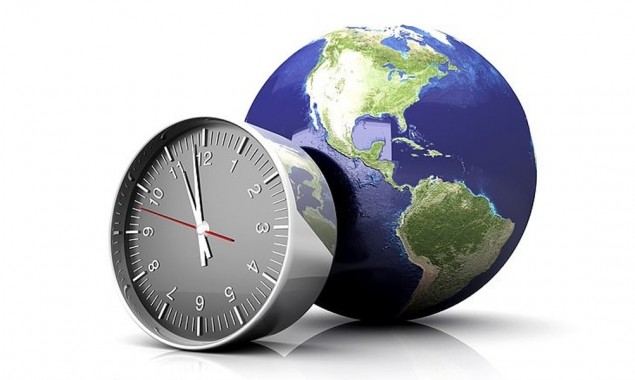
2020 proved to be an unprecedented year in human history as the global coronavirus pandemic lasted for months.
But time did not escape the effects of 2020, and the world’s fastest 28 days (from 1960 to now) were all recorded in 2020, as the Earth was rotating in its orbit at a faster speed than average.
This is not a cause for concern, the speed of rotation of our earth changes to some extent all the time, which is due to various reasons such as atmospheric pressure, wind, tidal current and core movement.
But it is definitely a problem for those who keep the atomic clock perfectly, thanks to which our clocks are fine.
Given the Earth’s rotation, leap seconds are often added. This has happened 27 times since 1972 and the last time was in December 2016.
Very few of the world’s more than seven billion people are aware of this change, and very few of them plan to spend that extra moment.
However, for watchmakers, this extra second is very important and there is a lot of controversy over its importance.
It should be noted that you do not need to extend this leap second to your old clocks, but it is important for super clocks that calculate the frequency of the atomic mechanism.
But because of the current rotation of the Earth, for the first time in history, scientists are considering negative instead of increasing the leap second.
That is, instead of adding one second, it will be reduced.
This is because there are 86,400 seconds in a day, but an astronomical day in 2021 will be an average of 0.05 seconds shorter on the clock.
This will result in a difference of 19 milliseconds in nuclear time throughout the year.
Peter Whibberley, an expert at the UK’s National Physics Laboratory, said: “It is quite possible that a negative leap second would be needed if the speed of the Earth’s rotation were to increase further, but this would be premature.”
“The future of leap seconds is being debated internationally and it is possible that we will have to end the leap second system as a result of the need for negative seconds,” he added.
As a result of the Earth’s rotation, the shortest astronomical day in history was recorded on July 19, 2020, when the Earth’s rotation was completed from 86,400 seconds to 1.4602 milliseconds faster.
The LeapSec system is managed by the International Earth Rotation and Reference Systems Services, based in Paris, and does not currently have any LeapSends as part of its schedule.
Read More News On
Catch all the Sci-Tech News, Breaking News Event and Latest News Updates on The BOL News
Download The BOL News App to get the Daily News Update & Follow us on Google News.




